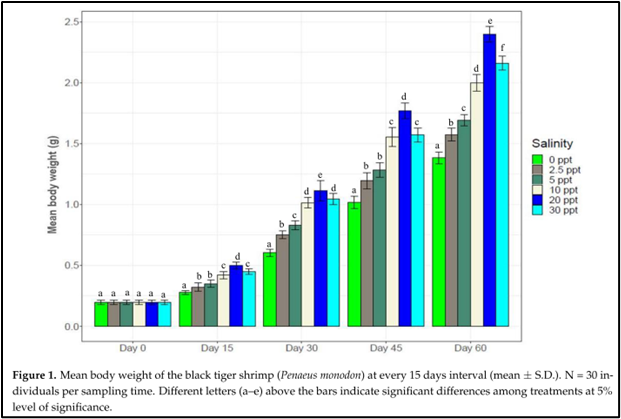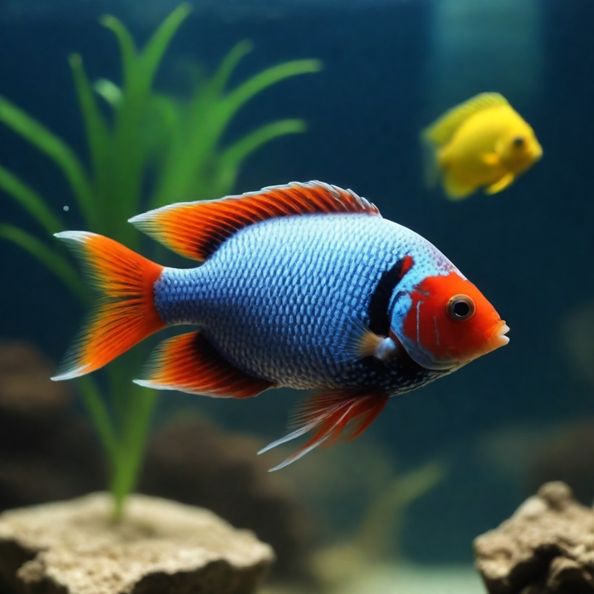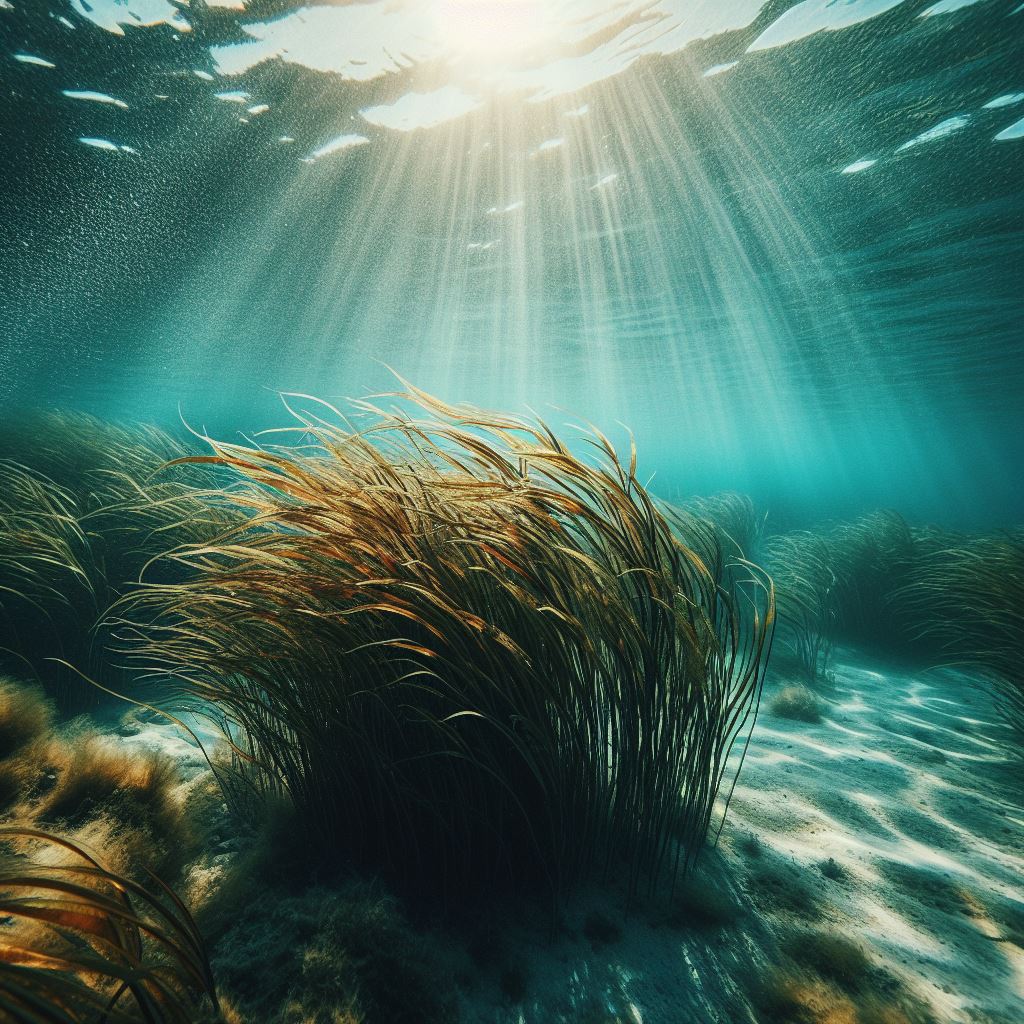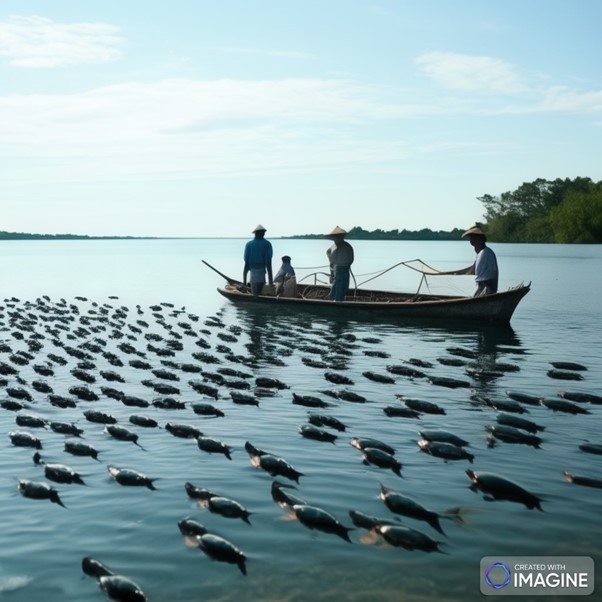By: Md. Lifat Rahi, Khairun Naher Azad, Maliha Tabassum, Hasna Hena Irin, Kazi Sabbir Hossain, Dania Aziz, Azam Moshtaghi and David A Hurwood
Article Prepared By: Farah Izana Abdullah
The black tiger shrimp (Penaeus monodon) is the second most farmed crustacean species globally after Litopenaeus vannamei, with a market value of approximately $US 7.35 billion in 2018. P. monodon is a major coastal aquaculture species in Southeast Asia where it contributes significantly to the economy of many countries. White spot disease caused by the white spot syndrome virus (WSSV) is the most widespread and severe disease, potentially causing total mortality in farmed Penaeid shrimp. Previous investigations showed that the WSSV cannot readily spread or cause disease outbreaks in freshwater conditions. Therefore, growing Penaeid shrimp in fresh water can help to overcome the challenge of disease outbreaks, thereby improving aquaculture production. Moreover, growing Penaeid shrimp in freshwater provides farming opportunities in inland regions where seawater is difficult to access. Therefore, a study was conducted to investigate the effects of different salinity levels on the production performance of tiger shrimp. Results showed the farming potential of black tiger shrimp in freshwater environments has minimal effects on production performance that can help minimise outbreaks of white spot disease.
Web: https://doi.org/10.3390/biology10121220

Date of Input: 29/06/2022 | Updated: 29/06/2022 | m_fakhrulddin
MEDIA SHARING





























